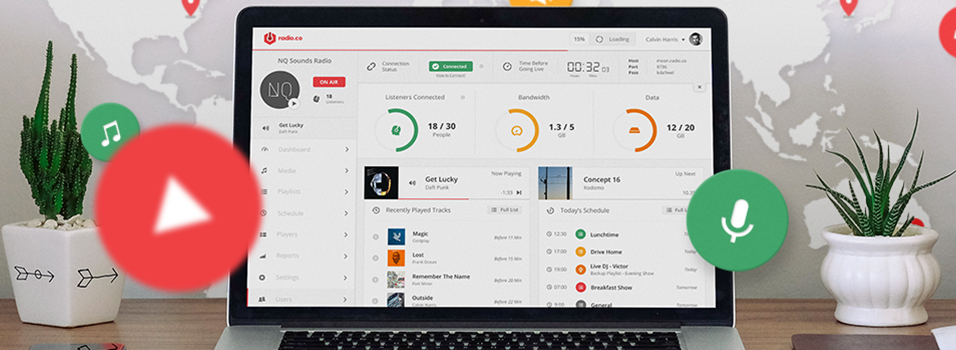

Therefore, the increasing use of internet of things devices in home automation systems drive the growth of the home automation market. For instance, according to the Ericsson statistics on IoT in modern homes, consumer devices will account for 63% of all installed IoT equipment in 2020 and the number of mobile IoT connections is predicted to reach 3.5 billion by 2023. The IoT-based home automation system has numerous advantages over wired systems, including flexibility, ease-of-installation, avoidance of the complexity of flowing through wires or weak electrical wiring, easy problem detection and triggering, and, most all, mobility. The Internet of Things based home automation system uses internet protocols or cloud computing to operate all of the smart home's equipment. The increasing use of internet of things (IoT) devices in a home automation system are expected to propel the growth of the home automation market in the forecast period. The home automation market is expected to reach $85.42 billion in 2025 at a CAGR of 11.9%. The growth is mainly due to the companies resuming their operations and adapting to the new normal while recovering from the COVID-19 impact, which had earlier led to restrictive containment measures involving social distancing, remote working, and the closure of commercial activities that resulted in operational challenges. The global home automation market is expected to grow from $48.52 billion in 2020 to $54.41 billion in 2021 at a compound annual growth rate (CAGR) of 12.1%. The different technologies include wired home automation system, wireless home automation system and is implemented in various areas such as residential, commercial, others.

These smart devices help to cut down on electricity waste while also promoting energy efficiency. Lighting controls are a type of smart lighting gadget that allows users to adjust the amount, quality, and features of light in a specific area.

The main types of products in home automation are lighting control, security and access control, HVAC control, entertainment, others. Home automation is also referred to as domotics, and a home equipped with an automation system is referred to as a smart home. A home automation system is a technological solution that allows the majority of electrical, electronic, and technology-based activities in a home to be automated.
#Internet radio automation flme software
The home automation market consists of sales of home automation devices by entities (organizations, sole traders, and partnerships) that use hardware and software technologies that allow users to control and manage their home's appliances and devices.


 0 kommentar(er)
0 kommentar(er)
